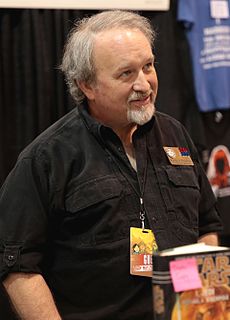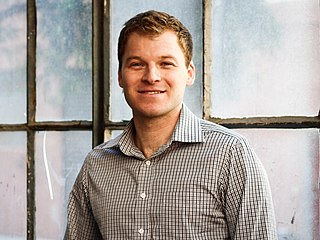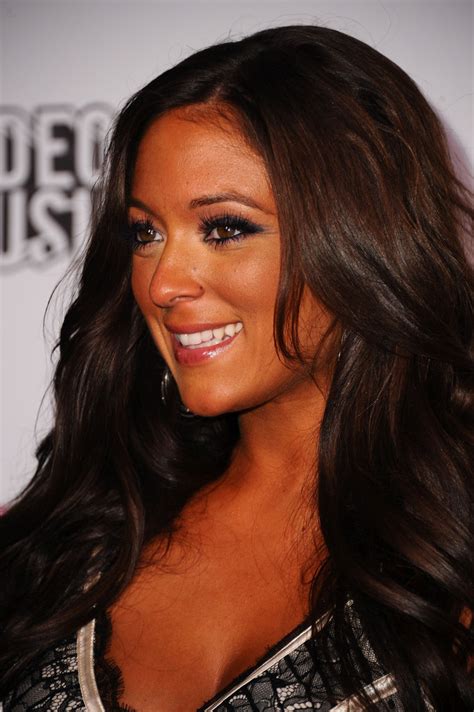A Quote by Richard Edelman
More and more readers are finding important and interesting content through platforms like Facebook, Twitter, and now Medium rather than traditional publishers.
Related Quotes
PR got to be much bigger because of the emergence of digital media. Now we have hundreds of people who are, in a sense, manning embassies for Facebook and Twitter for brands. So the business in effect has morphed from pitching stories to traditional media, to working with bloggers, Twitter, Facebook and other social media, and then putting good content up on owned websites.
'Dependent web' platforms such as Twitter, Facebook, Google and Yahoo are where people go to discover and share new content. Independent sites are the millions of blogs, community and service sites where passionate individuals 'hang out' with like-minded folks. This is where shared content is often created.
But I believe that as the quality of these platforms gets better, and as products like Roblox start to look and feel more like a Pixar movie, you're going to see the span of these platforms get bigger, and ultimately I believe there will be a platform company that's as big if not bigger than the publicly traded game publishers.
The ordinary man is living a very abnormal life, because his values are upside down. Money is more important than meditation; logic is more important than love; mind is more important than heart; power over others is more important than power over one's own being. Mundane things are more important than finding some treasures which death cannot destroy.
If you don't have a Facebook, like, you're nobody. There's all of these sort of requirements now, and if you don't have all of these things - Facebook, Twitter, etc. - you're made fun of. And Twitter for celebrities... everything is just getting so personal. Pictures of yourself, of what you're eating for breakfast.


































